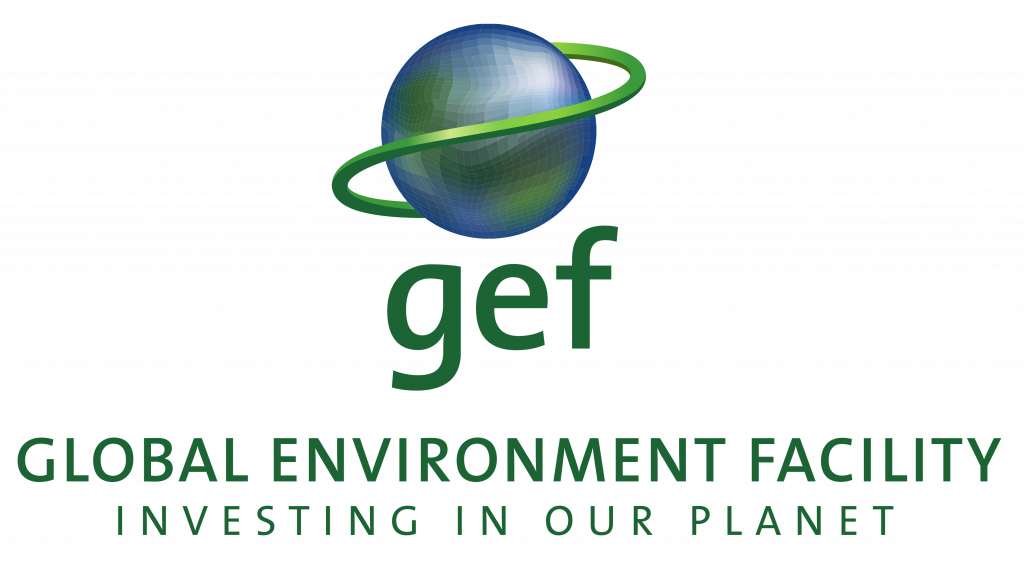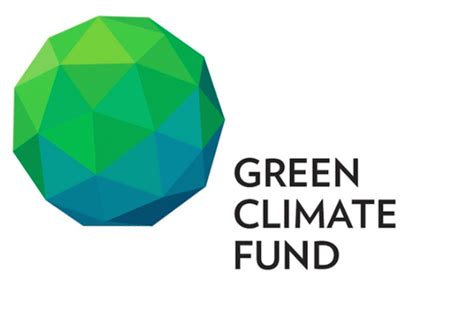Learn About
Lesotho’s Combined Biennial Transparency Report/Fourth National Communication.
Introduction
In the context of the ETF, countries are expected to track and report progress towards achieving
their NDCs, and communicate adaptation actions, including good practices, priorities, needs and
gaps, so as to inform the global stocktake under Article 14 of the Agreement. Besides submitting
their National Communications (NCs) every four years, signatory countries will be expected to
submit Biennial Transparency Reports (BTRs) including a National Inventory Report every two years
starting from December 2024, thus replacing the Biennial Update Reports (BURs). Under this
combined BTR/NC project, Lesotho will receive support to prepare its First BTR and NC4 and submit
them to the UNFCCC by December 2024, in compliance with UNFCCC and PA reporting requirements
and in alignment with national development goals, with built-in flexibility provided in light of its
capacities. Moreover, the country will be supported to undertake a self-assessment and stocktaking
exercise for the preparation of subsequent BTRs and NCs.
Project Objective
To support Lesotho prepare and submit its First Biennial Transparency Report (BTR1) and Fourth National Communication (NC4) that comply with the United Nations Framework Convention on Climate Change (UNFCCC) and Paris Agreement reporting requirements while responding to national development goals. At the national level, to allow for “built-in flexibility” if the country needs it in light of its capacities and national circumstances, priorities and needs, while bridging gaps identified.
Project Outputs
Outputs | Deliverables |
| 1.1 National inventory report of anthropogenic emissions by sources and removals by sinks of greenhouse gases 1.2 Information necessary to track progress made in implementing and achieving nationally determined contributions under Article 4 of the Paris Agreement 1.3 Information related to climate change impacts and adaptation under Article 7 of the Paris Agreement 1.4 Information on financial, technology development and transfer and capacity-building support needed and received under Articles 9–11 of the Paris Agreement 1.5 Other relevant information (e.g. gender), including supplemental NC chapters ( Research and Systematic Observations; and, Education, Training and Public Awareness. 1.6 Publication and submission of report, and other project execution support |
| 2.1 Stocktaking report for preparation of the project proposal for subsequent reports under the UNFCCC and Paris Agreement |
- Contacts +266 22324376
- Lesotho Meteorological Services
- malehloa.jockey@gov.ls




